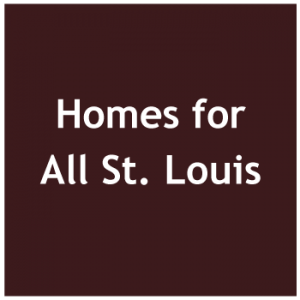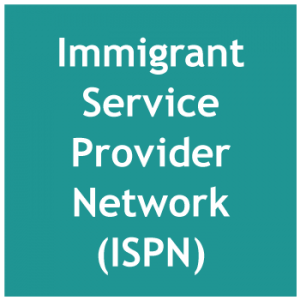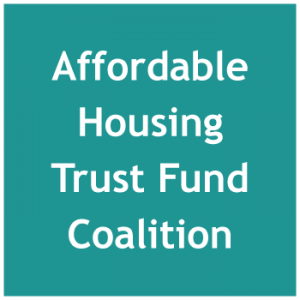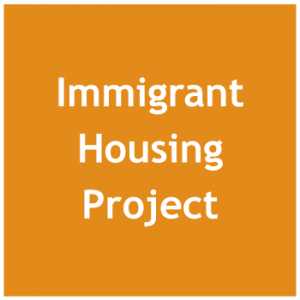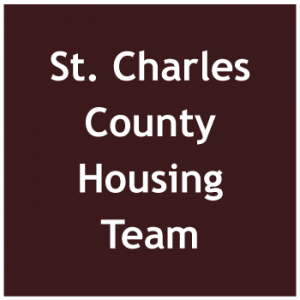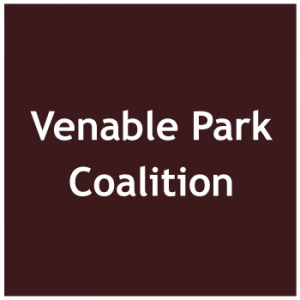Advocacy & Research
Latest Advocacy Efforts
Centreville Flooding and Sewage Overflow Survey Dashboard
For more than 20 years, residents of the City of Centreville have experienced flooding and sewage overflows in their homes. In order to gain insight into the shared experience of residents, in the Summer and Fall of 2021, canvassers went door to door, talking with residents about their experiences. You can read more by visiting our page.
One Year Later and Still Waiting for Change (Environmental Justice for Centreville, IL)
Removing Racially Restrictive Covenants
If you own a home in St. Louis or St. Louis County, there is a good chance you will find—buried in the legal paperwork that came with your house—a curious and offensive document. With a title like “Conditions and Restrictions” or “Uniform Restrictive Agreement,” this document may well include the provision that the owner cannot “sell, convey, lease, or rent to a negro or negroes,” or that “no lot in this subdivision shall be sold to members of the African race.” While these racist restrictions are now legally unenforceable, their existence is a stark reminder of our painful history. Read more here at the link about our work documenting racially restrictive covenants and how you can find/remove such covenants from your own deeds.
EHOC Releases Annual Impact Report during Annual Conference
During EHOC’s annual conference on Thursday, April 28, 2022, the Future of Fair Housing: Celebrating 30 years of EHOC, Executive Director Will Jordan released our annual impact report along with Tradewing, EHOC’s new social media platform. This is an opportunity for the public to learn more about EHOC’s fair housing work over the last year and get connected with our partners. To join our Tradewing community for up-to-date information and news surrounding local, state, and national fair housing advocacy, please email us at [email protected].
EHOC Releases Stop Gap Report on Evictions in St. Louis (2021)
The COVID-19 pandemic has caused widespread economic disruption over the past year, resulting in job loss or cut hours across multiple sectors. This unexpected loss of income has especially impacted renters, and layered on top of pre-COVID housing insecurity, has led to increased numbers of people at risk of eviction in the St. Louis region. EHOC’s new report Stop Gap: Eviction Moratoriums and Housing (In)Stability in the St. Louis Area continues EHOC’s longstanding work around eviction prevention and looks at how the pandemic exacerbated the existing affordable housing crisis. In turn, the report examines fair housing implications and how the pandemic’s eviction crisis has disproportionately impacted communities based on race, gender, and families with children. Read the report at bit.ly/EHOCEvictionReport
GET THE FACTS ABOUT SENATE BILL 43: EHOC and other partner organizations opposed Missouri Senate Bill (SB) 43 that weakened Missouri’s Human Rights Act. We released an FAQ document explaining the harms in SB 43. CLICK HERE TO GET THE FACTS ABOUT SENATE BILL 43
Reports & Research
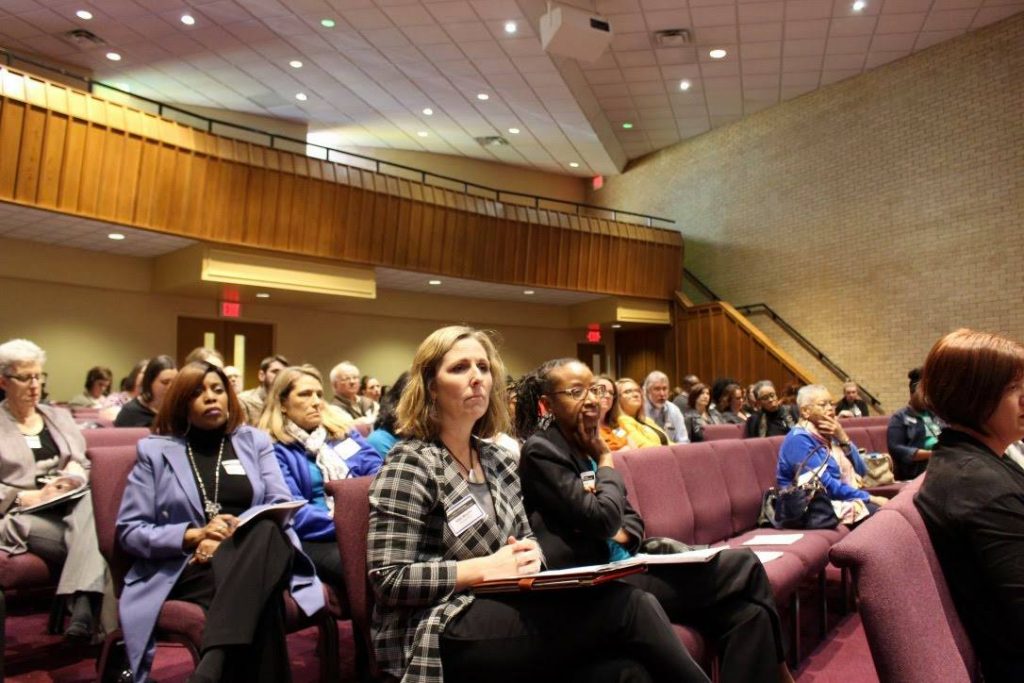
- 2022: Annual Impact Report
- 2021: Stop Gap: Eviction Report
- 2019: Section 8 Discrimination in St. Louis City
- 2019: Shifting Landscapes and Familiar Patterns Study
- 2019: FMR Changes in St. Louis City and County - data
- 2018: Zip. Race. Discrimination. Different Codes, Same Story
- 2018: Segregation in St. Louis: Dismantling the Divide
- 2015: Access to Homeownership for St. Louis' Foreign-Born
- 2009: Selective Marketing
- 2008: Bailing Out on Community Reinvestment
- 2007: Legal Opinion Regarding Documentation Requirements for Occupancy Permits
- 2006: Letter to Black Jack on Occupancy Permits
Community Partnerships
EHOC is a proud member of the following coalitions and initiatives:

St. Louis Equal Housing and Community Reinvestment Alliance
(SLEHCRA)
EHOC is a founding member and the administrative agency for the St. Louis Equal Housing and Community Reinvestment Alliance (SLEHCRA). SLEHCRA is a coalition working to increase investment in low-income communities, regardless of race, and in minority communities, regardless of income, by ensuring that banks are meeting their obligations under the Community Reinvestment Act and fair lending laws. Learn more about SLEHCRA at www.slehcra.org

